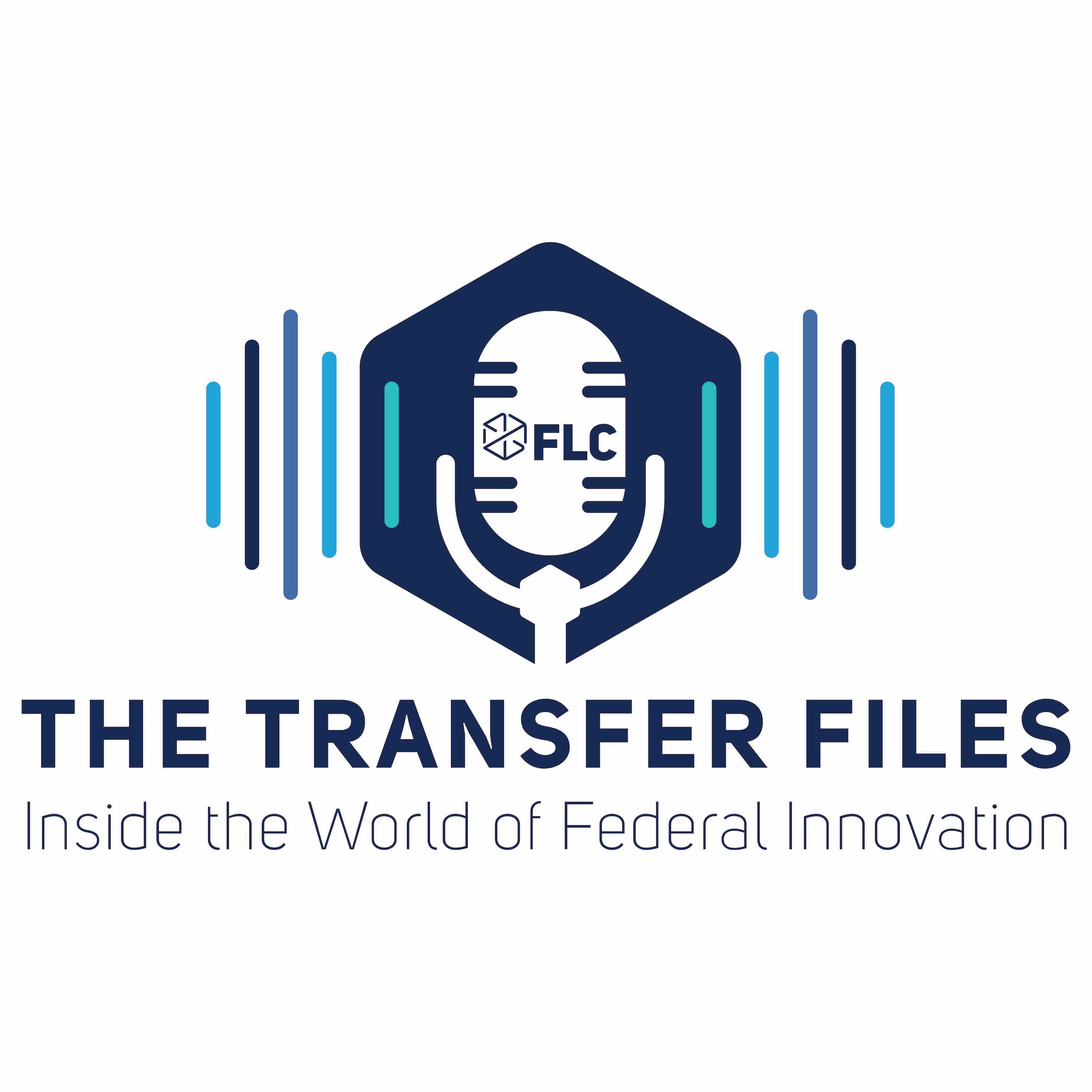From Legislation to Innovation: Joe Allen and the Birth of the Bayh-Dole Act
34m | Apr 16, 2024In the 1970s, the US was falling behind other countries in terms of innovation. However, an accidental discovery coupled with smart regulation put the US back on track to becoming a leading innovator and technology leader. This turnaround is largely attributed to the Bayh-Dole Act, also known as the Patent and Trademark Law Amendments Act. Passed in 1980, this law enables businesses, universities, and nonprofits to own inventions created through federally funded research.
Implementing this change wasn’t easy and it took time, but smart legislation ultimately prevailed. My guest today is Joe Allen, a man who was at the forefront of the entire process. As a staffer in Senator Birch Bayh’s office, he played a pivotal role in getting the law passed. Now, 44 years later, he continues to defend the policy as the Executive Director of the Bayh-Dole Coalition.
Joe shares insights into his career, highlighting how being in the right place at the right time and excelling in his role led to unexpected career advancements. We also gain a behind-the-scenes look into the legislation and voting process. Additionally, we learn why maintaining this law is vital for the advancement of technology and tech transfer.
In This Episode:
[01:31] Joe was an English and history major, and he was on a Senate Judiciary Subcommittee before working for Senator Bayh.
[02:02] He was a research assistant, and he handled correspondence.
[03:21] Joe shares how he sat in on a patent meeting and discovered that if there was any federal funding on an invention the patent was taken away from the inventor and the idea was made freely available.
[04:05] In 1970, Innovation was needed and this was a big problem across the government.
[04:47] Joe did research and discovered this was a big issue. Senators Bayh and Dole became interested on a bipartisan level.
[06:23] He ended up staffing this project.
[06:58] At first they didn't realize what a big deal it was, but they discovered it was a fundamental policy that was harming America because nothing was coming out of billions of dollars of taxpayer funding.
[07:08] We were literally giving our research away to our competitors.
[07:33] For people just starting their careers, you never know when your big break is going to happen and sometimes it's unexpected.
[07:43] If you're lucky, doing your best can transform your life.
[08:11] Forty-five years later, Joe is still working on the same issues.
[08:36] Companies weren't going to fund research in a university or federal laboratory, because the government would take away their patents. This segregated the public and private networks.
[09:00] Out of 28,000 government inventions less than 5% were licensed.
[10:53] Senator Bayh had a personal cause, because his wife was going through breast cancer treatment. This was people's lives that mattered.
[11:53] Challenges included people who truly believed that if the government funds research, it should be available for free.
[12:27] Universities and small companies were the most harmed by the previous laws.
[14:51] Amending Bayh-Dole to include big business was going to be the kiss of death.
[16:20] Joe shares behind the scenes action of getting the bill passed.
[20:51] Jimmy Carter signed the act on the last possible day.
[21:23] They put the regulations under the Office of Management and Budget, so Norm Lacker could work on it.
[21:44] The implementing regulations weren't in place until 1982. The whole process was anything but a slam dunk.
[22:25] The Federal Technology Transfer Act was originally part of Bayh-Dole.
[30:15] We should be very optimistic about the future, because this theory works. It's more important than ever for the private sector to partner with Federal Labs and universities.
Resources:
Joseph P. Allen Executive Director of The Bayh-Dole Coalition
